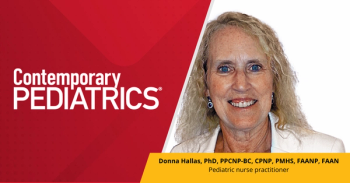
Trying to reduce vaccine exemptions with education
Faced with the fourth highest vaccine exemption rate, Michigan began requiring an education session before a parent could get a nonmedical exemption. Did it lead to an improvement?
Vaccine hesitancy has grown in the decades following the initial publication of the now-discredited study that connected the measles, mumps, and rubella vaccine to autism spectrum disorder. Before the pandemic this hesitancy led to a measles epidemic and now, during the pandemic, it has led to a slowing in the COVID-19 vaccination rate, helping to fuel the delta variant. In 2014, Michigan had the fourth highest vaccine exemption rate in the United States, which led to a change in the state’s Administrative Rule that required parents to attend a vaccine education center at a local health department before their child could receive a nonmedical exemption. A
The investigators used school-level vaccination data from the state between 2011 and 2019 to evaluate sociodemographic predictors of nonmedical examinations before and after the Administrative Rule was enacted. Local indicators of spatial association were used to gauge the persistence and location of school district–level geographic clustering.
In the immediate aftermath of the rule change, the rate of nonmedical exemptions fell by 23%. Unfortunately, that rate did rebound in the years after the change, increasing by 26% by 2018. However, the income disparities in nonmedical exemption rates did decrease following the change. Distinct geographic patterns were noted for medical, philosophical, and religious vaccine exemptions and those patterns remained largely unchanged following the Rule going into effect.
The investigators concluded that the Administrative Rule did lead to a decline in nonexemption rates, but this change was short lived and in fact the rates had a dramatic rise in the years following the policy’s start. This result indicates that 1 education session alone is not enough to alter a parent’s decision to not vaccinate his or her child
Reference
1. Masters N, Zelner J, Delamater P, et al. Evaluating Michigan’s administrative rule change on nonmedical vaccine exemptions. Pediatrics. August 17, 2021. Epub ahead of print. doi:10.1542/peds.2021-049942
Newsletter
Access practical, evidence-based guidance to support better care for our youngest patients. Join our email list for the latest clinical updates.



